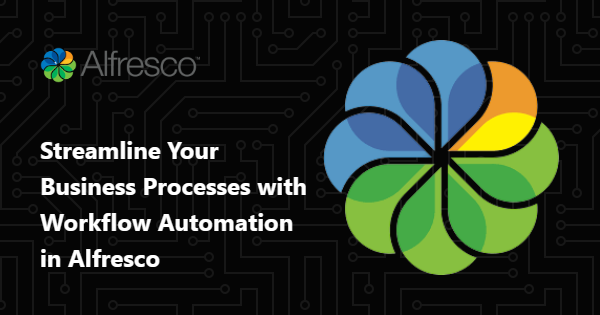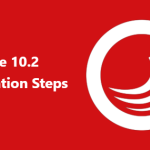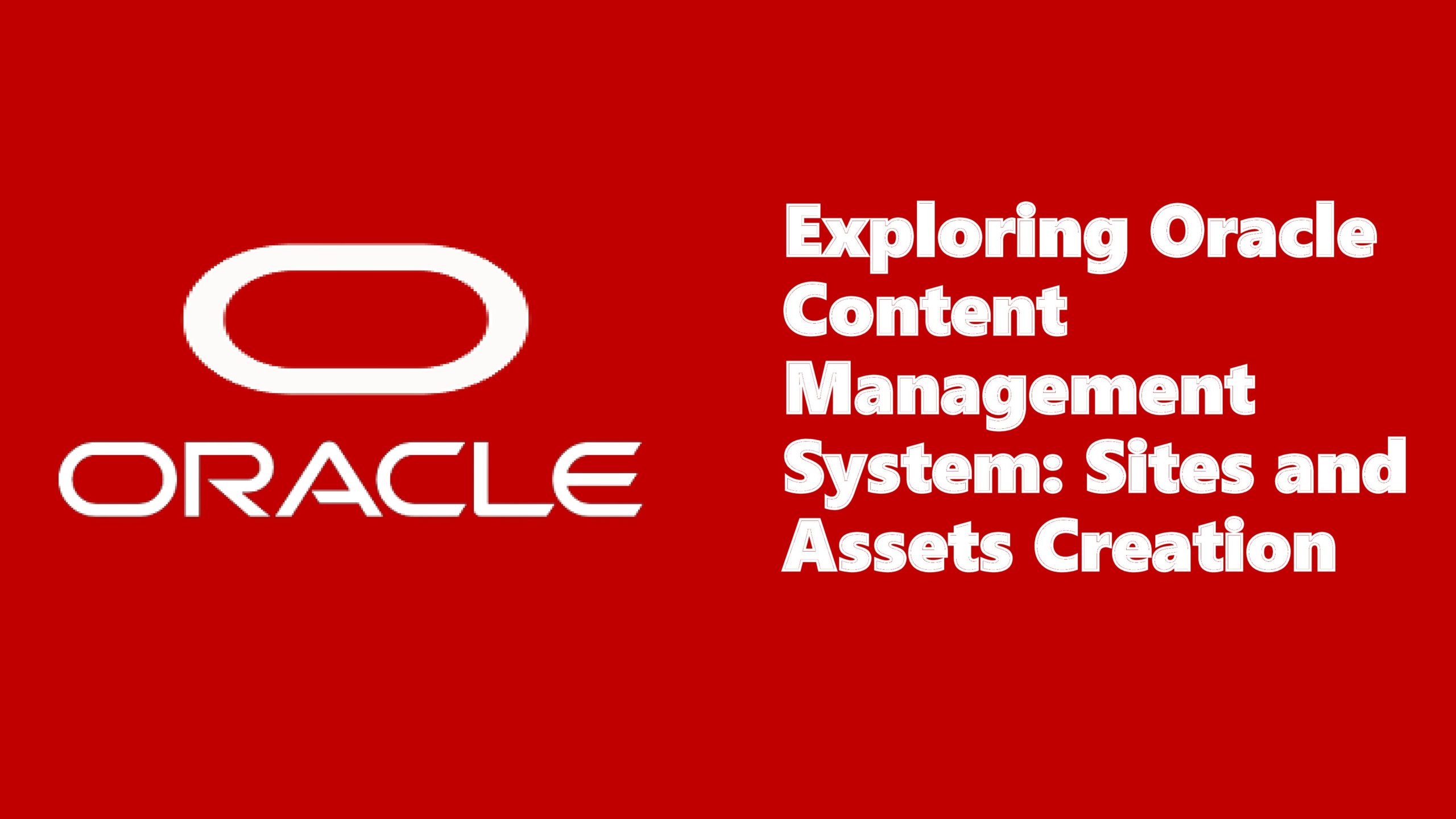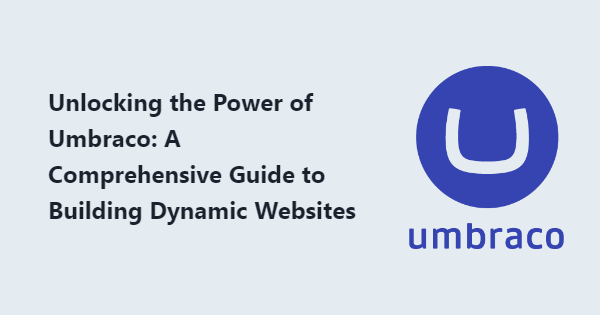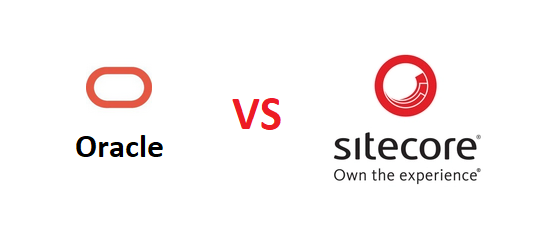Unleash Business Efficiency with Workflow Automation in Alfresco
Introduction:
In today’s fast-paced business environment, organizations are constantly seeking ways to streamline their operations, reduce manual effort, and improve overall efficiency. Workflow automation plays a vital role in achieving these goals. With Alfresco’s robust workflow engine, organizations can automate their business processes and streamline content approvals, resulting in enhanced productivity and smoother operations. In this blog, we will explore the powerful capabilities of Alfresco’s workflow engine and how it empowers organizations to automate workflows and optimize content management processes.
1. Understanding Workflow Automation:
Workflow automation involves automating the flow of tasks, information, and documents within an organization’s business processes. It eliminates manual handoffs, reduces errors, and ensures consistent and timely execution of tasks. Alfresco’s workflow automation capabilities enable organizations to define, execute, and monitor complex business processes, ultimately improving efficiency and productivity.
2. Key Capabilities of Alfresco’s Workflow Engine:
2.1. Process Modelling:
Alfresco provides a visual process modeling tool that allows organizations to define their workflows intuitively. Users can design workflows by mapping out tasks, decision points, approvals, and transitions using a drag-and-drop interface. This makes it easier for both technical and non-technical users to create and modify workflows according to specific business requirements.
2.2. Task Assignment and Tracking:
Alfresco’s workflow engine allows for the assignment of tasks to individuals or groups based on predefined rules or conditions. Users receive notifications for assigned tasks and can track the progress of each task within the workflow. This feature ensures accountability and transparency throughout the process.
2.3. Integration with Content Management:
Alfresco seamlessly integrates workflow automation with its content management capabilities. Organizations can initiate workflows based on specific content events, such as document creation or modification. This integration enables the automation of content-related processes, such as document review and approval, ensuring that content flows through the appropriate channels.
2.4. Rules and Conditions:
Alfresco’s workflow engine supports the definition of rules and conditions within workflows. This enables organizations to incorporate business logic and decision points into the process. For example, workflows can be designed to automatically escalate tasks if they are not completed within a specified timeframe or to trigger different actions based on specific conditions.
2.5. Customization and Extensions:
Alfresco’s workflow engine is highly customizable, allowing organizations to tailor workflows to their specific needs. It supports the integration of custom actions, scripts, and external systems, enabling seamless integration with existing business applications and processes.
3. Benefits of Workflow Automation with Alfresco:
3.1. Improved Efficiency:
By automating manual tasks and eliminating bottlenecks, workflow automation significantly improves efficiency. It ensures that tasks are assigned to the right individuals, reduces delays, and enables faster decision-making, leading to streamlined processes and increased productivity.
3.2. Enhanced Collaboration:
Workflow automation promotes collaboration by providing a centralized platform for teams to work together on tasks and approvals. It allows for easy communication, document sharing, and real-time updates, fostering better teamwork and reducing miscommunication.
3.3. Reduced Errors and Compliance:
Manual processes are prone to errors and inconsistencies. By automating workflows, organizations can enforce standardized procedures, reduce human errors, and ensure compliance with regulatory requirements. Alfresco’s workflow engine maintains an audit trail of tasks and actions, providing a transparent record of process execution.
3.4. Scalability and Adaptability:
Alfresco’s workflow automation is scalable and can accommodate growing business needs. As organizations evolve, workflows can be easily modified and extended to align with changing requirements and business processes.
4. Real-World Use Cases:
4.1. Document Review and Approval:
Alfresco’s workflow automation simplifies and accelerates document review and approval processes. Workflows can be designed to route documents to the appropriate stakeholders for review, automatically notify reviewers, and track the progress of approvals, ensuring timely and efficient document management.
4.2. Content Publishing:
Organizations involved in content publishing can leverage Alfresco’s workflow automation to streamline the content creation and publishing process. Design workflows that manage content creation, editing, review, and publishing, ensuring a smooth and controlled content lifecycle.
4.3. Contract Management:
Alfresco’s workflow automation capabilities are well-suited for contract management processes. Design workflows that initiate contract creation, route contracts for review and approval, and track contract expiration dates and renewals. This ensures efficient management of contract-related tasks and reduces the risk of missed deadlines or overlooked contract terms.
Conclusion:
Alfresco’s workflow automation capabilities not only empower organizations to automate and optimize their business processes but also streamline content approvals. By leveraging Alfresco’s powerful workflow engine, organizations can eliminate manual effort, reduce errors, enhance collaboration, and ensure compliance. Workflow automation not only improves efficiency and productivity but also empowers organizations to adapt and scale their processes as they grow. Embrace the power of workflow automation in Alfresco and unlock the full potential of your content management processes.


